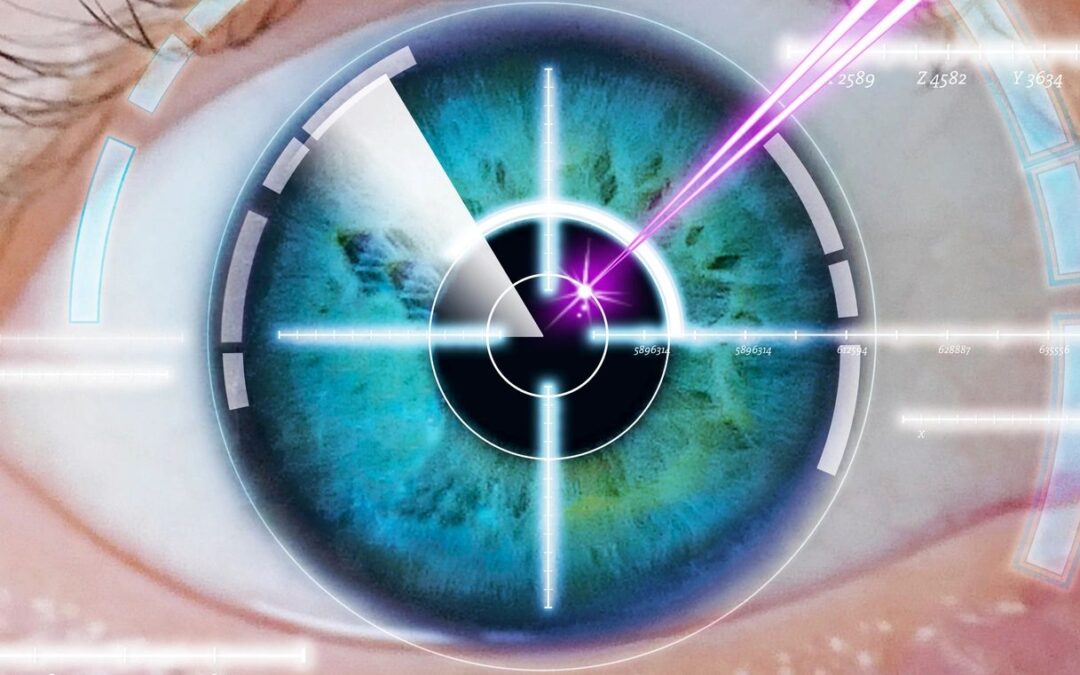
by David Maiorana | Sep 13, 2024 | Prior Art Issues, PTAB Trial Basics, Real Party in Interest, Trial Institution
By David Linden and Dave Maiorana – On December 1, 2023, Intelligent Wellhead Systems, Inc. (“Intelligent”) filed a petition for inter partes review (“IPR”) of U.S. Patent No. 11,401,779 (“the ’779 Patent”) (“IPR256”), assigned to Downing Wellhead Equipment, LLC...

by Matthew Johnson | Sep 5, 2024 | Prior Art Issues, PTAB News, PTAB Trial Basics, Request for Reconsideration
By Owen Carpenter and Matt Johnson – – On July 30, 2024, Director Vidal ordered patent board judges to revisit a ruling on “an obvious typographical error.” See Hesai Technology Co. Ltd., Hesai Group, and Hesai Inc. v. Ouster, Inc., IPR2023-01485....

by Matthew Johnson | Aug 30, 2024 | Prior Art Issues, PTAB News, PTAB Trial Basics
By Matt Carey and Matt Johnson – In Sanho Corp. v. Kaijet Technology International Limited, Inc, the Federal Circuit affirmed the PTAB’s decision finding obvious all challenged claims of the ‘429 patent, which relates to a device that provides ports...

by Matthew Johnson | Jun 19, 2024 | Design Patents, Federal Circuit Appeal, Prior Art Issues
By John Evans, Jesse Wynn, and Erin Bies* – Those following this blog knew change was coming to design patent obviousness in the LKQ v. GM decision by the en banc Federal Circuit. In its May 21, 2024 decision, the court overruled the long-standing Rosen-Durling...

by Matthew Johnson | Jun 14, 2024 | Evidentiary Issues, Final Written Decisions, Prior Art Issues
By Hailey Stewart,* Evan Tassis and Matt Johnson – In a Final Written Decision, the PTAB declared claims of a patent unpatentable after finding the patent was not entitled to the earlier priority date of the anticipatory reference in Platinum Optics Technology,...

by Matthew Johnson | Jun 4, 2024 | Prior Art Issues, PTAB News, PTAB Trial Basics, Trial Institution
By Sue Gerber and Matt Johnson – Under 35 U.S.C. § 314(a), the PTAB has discretion to deny institution of an inter partes review. In certain circumstances, the PTAB will discretionarily deny a petition because another petition challenging the same patent was...







